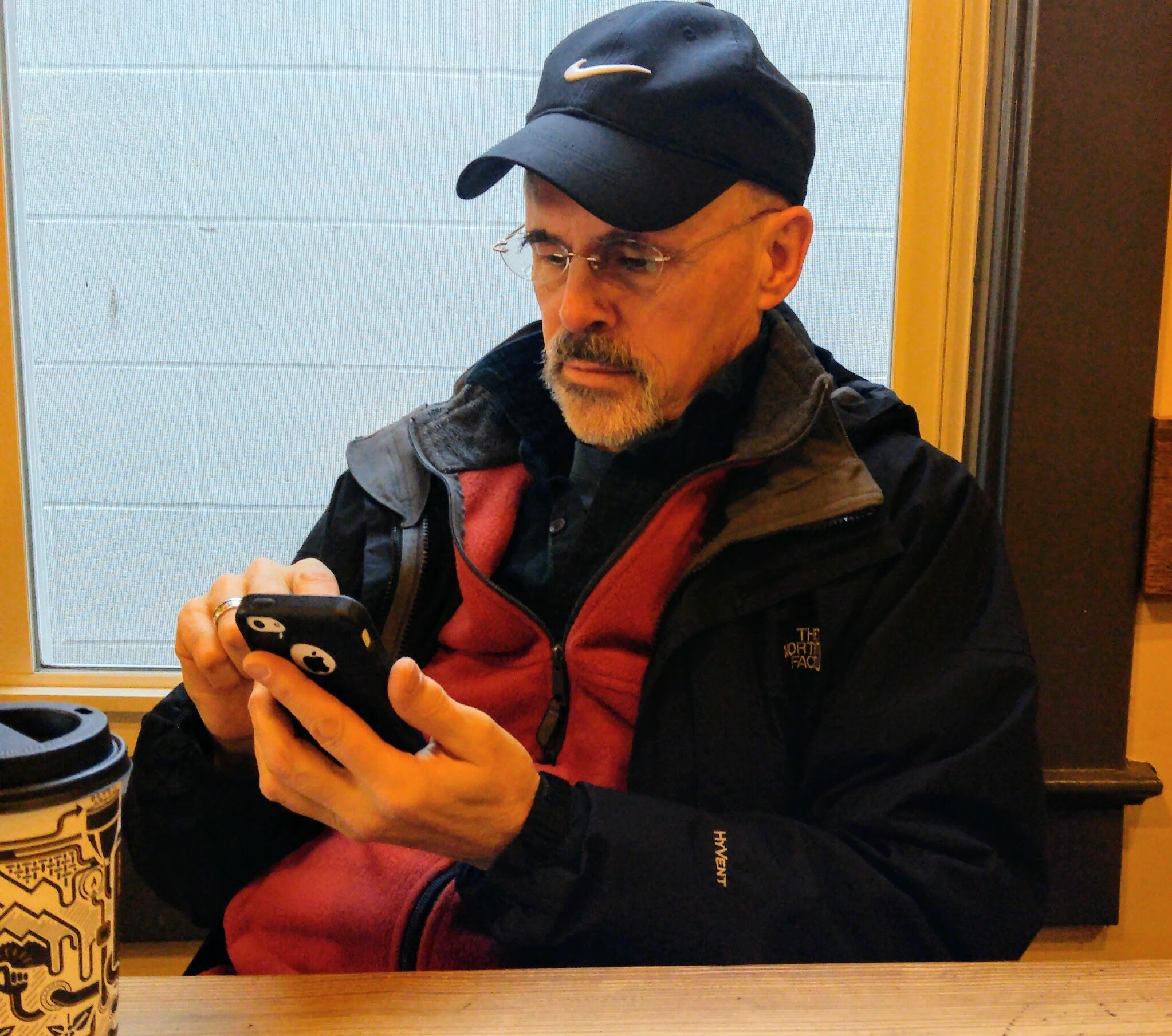Sam Floyd
Oyster River Pages: Why do you write and/or create?
Sam Floyd: I've been a distance runner most of my life. I have an aptitude for that. I don't know where the aptitude came from. For me, writing is like that. For a long time, I thought my dream job would be like that of the character in Annie Proulx's novel The Shipping News, the guy who was the town boat-maker, who went out to his workshop every day with a pot of coffee and crafted the small wooden boats needed by everyone in the community. I'm not that good of a carpenter. But for years, I went to my office every day with a large cup of Starbucks and worked on crafting my latest legal brief. I didn't realize until later that I'd been granted my dream job. Maybe not my Ada Limón-like dream job, but close enough.
ORP: What is the most challenging aspect of your artistic process?
SF: The aspect of writing that I find most challenging is that I never know when a good poem is going to show up. Ada Limón has argued that poetry is the natural language of grief. In my experience, writing is like grieving; it has its own clock. Lately, I've been reading Bessel van der Kolk's book about trauma entitled The Body Keeps the Score. In van de Kolk's view, the body not only keeps the score, it hides the score. Trauma stops time, alters space and hides in the body where the head can't readily get at it. This has been true for me. The most "artistic" parts of who I am are the parts I'm inclined to resist most and to hide from. It's an old trauma safety mechanism I find difficult to override. It's a part of myself and my writing I find difficult to love.
ORP: What books have you read more than once in your life?
SF: T. H. White's The Once and Future King. Larry McMurtry's Lonesome Dove. Anne Sexton's The Awful Rowing Toward God. The Last Lost World by Lydia and Stephen Pyne. Beowulf, T.S. Eliot's Four Quartets, and John Sandford's Prey novels. And of course, Moby-Dick. I find that the best way to improve my writing skills is to read as much as possible, write as much as possible, and sign on to Melville's bloody, brutal, mystical whaling voyage as often as possible, especially when damp and drizzly Novembers invade my soul, as they invariably do.
ORP: What does vulnerability mean to you as an artist and/or writer?
SF: In his essay, "Tradition and the Individual Talent," T.S. Eliot wrote that "criticism is as inevitable as breathing." He was speaking primarily about literary criticism, but as it comes from his collection, The Sacred Wood, I believe his observation has more primal implications. Criticism involves discernment and judgment and these are among our earliest and most essential human survival skills. The 32,000-year-old paintings of animal life on the walls of the Chauvet Cave system in Southern France represent artistic depictions of a primordial reality, an attempt to capture a lived mystery, and humankind's vulnerability with regard thereto. And this, thousands of years before there were any written languages we know of. As Eliot pointed out, however, in my writing I am still living in and connected to—and vulnerable to—the mysteries explored by all the "dead poets" before me. Being vulnerable in my writing is going ahead and adding my handprint to the cave wall anyway.


